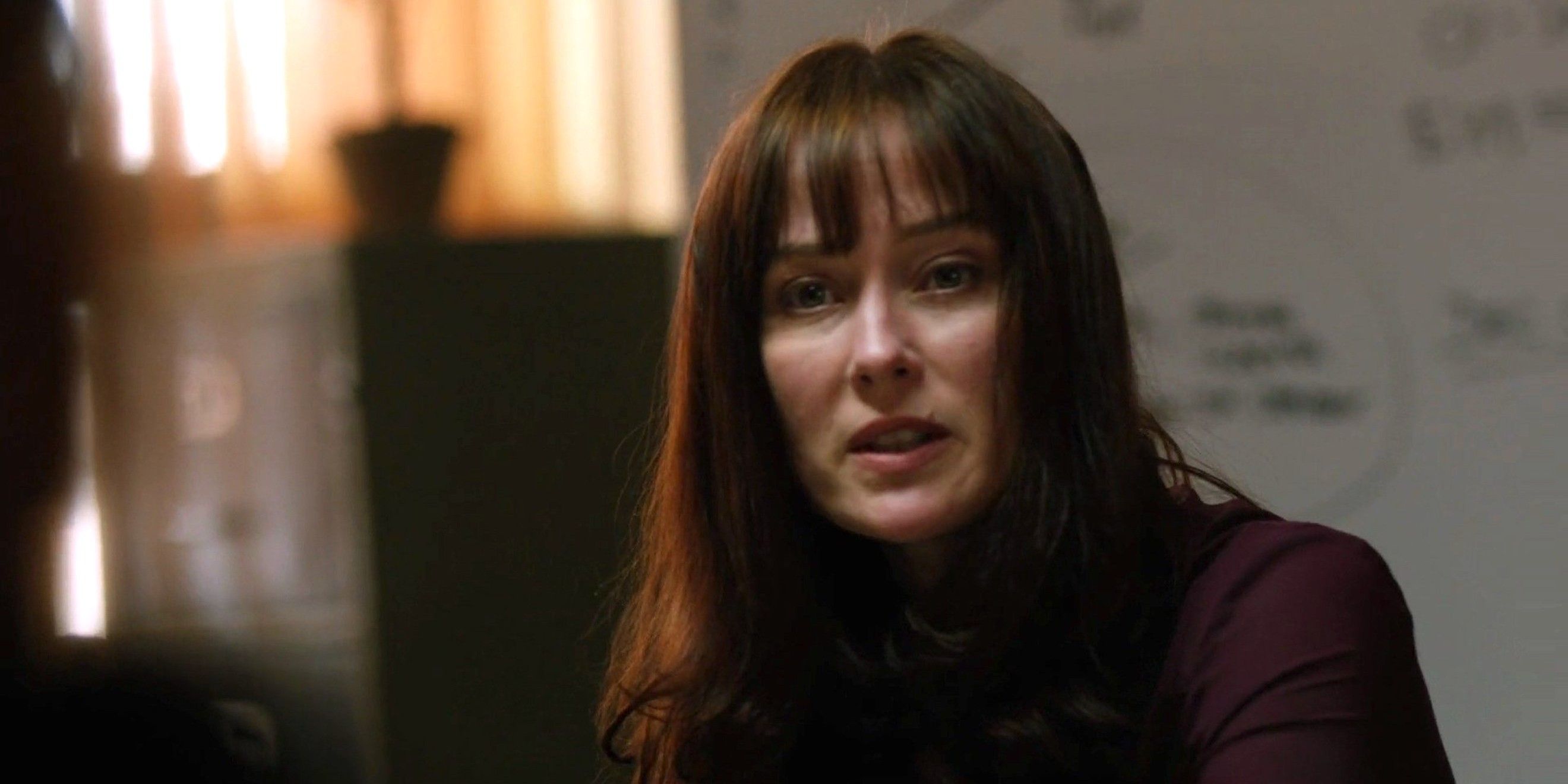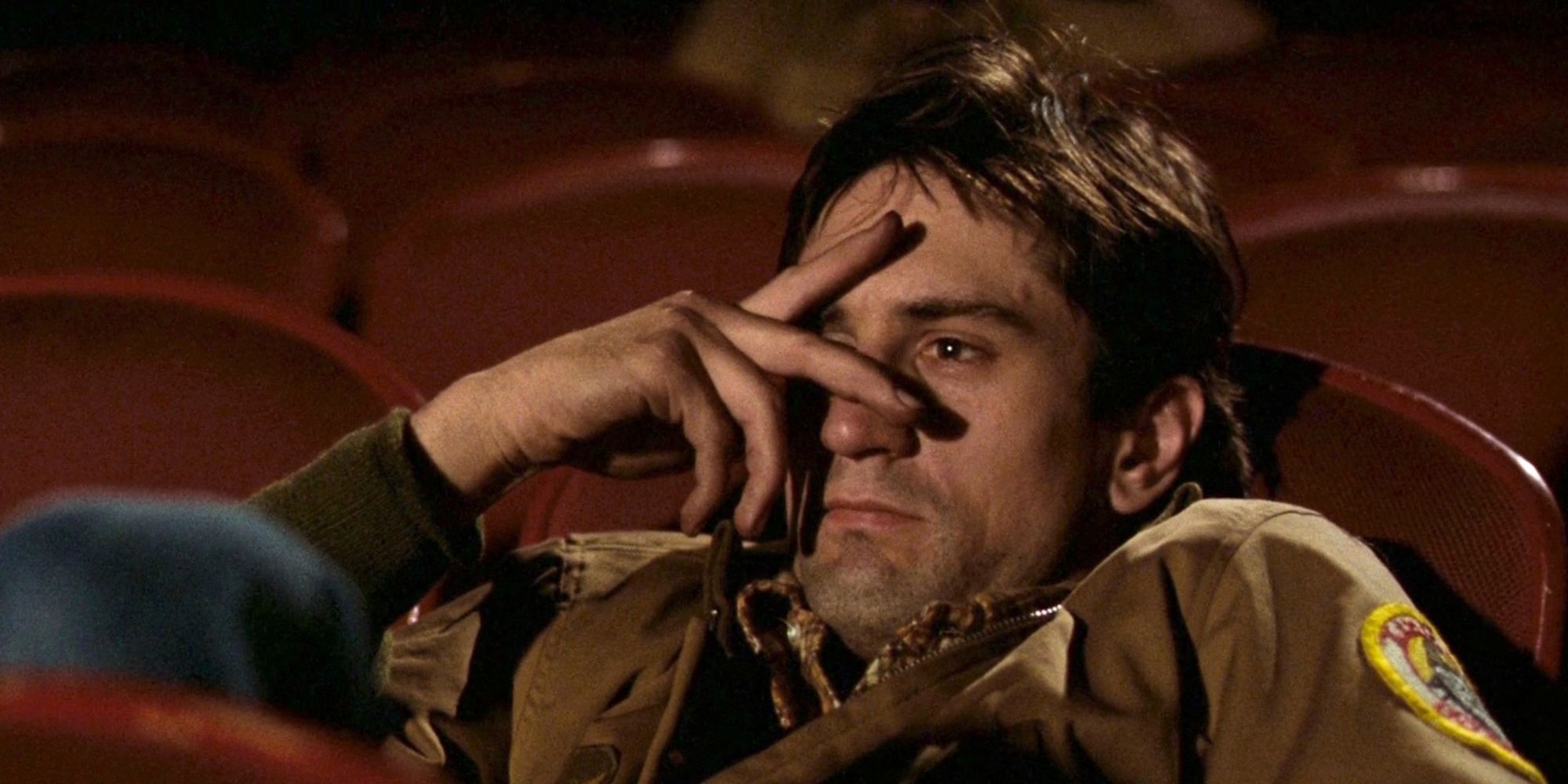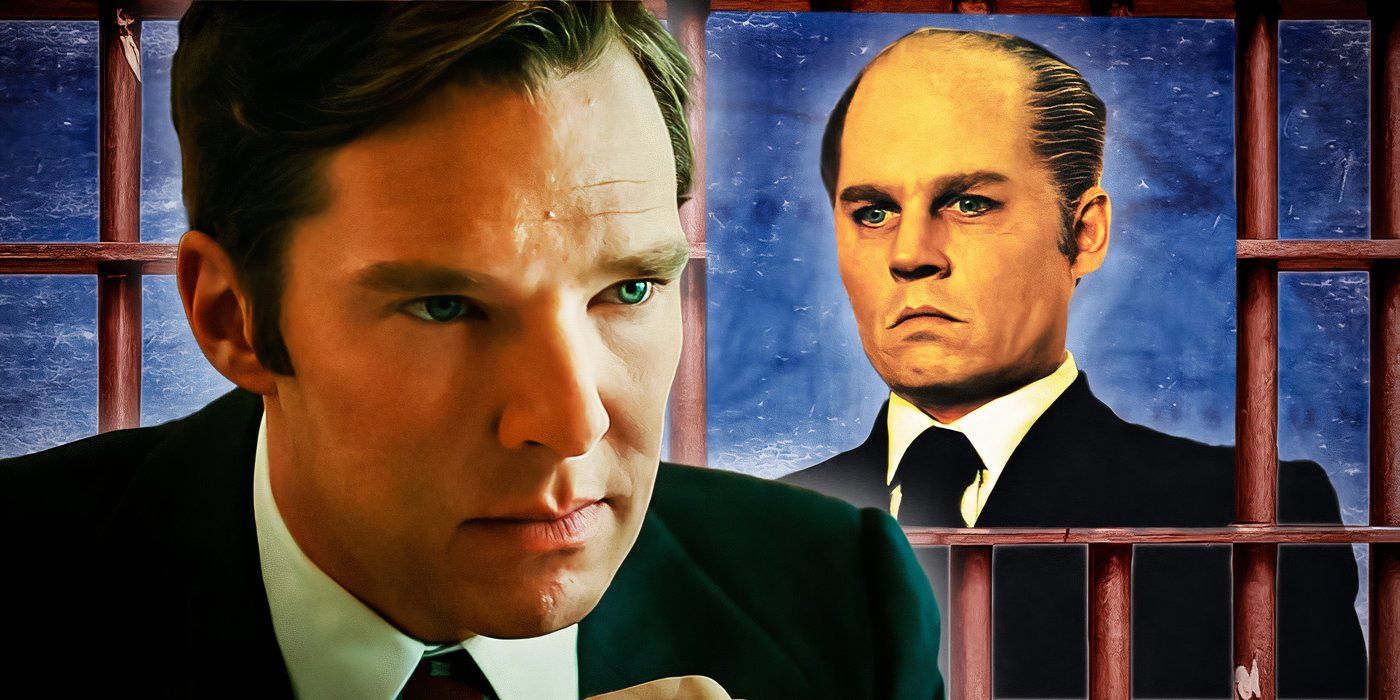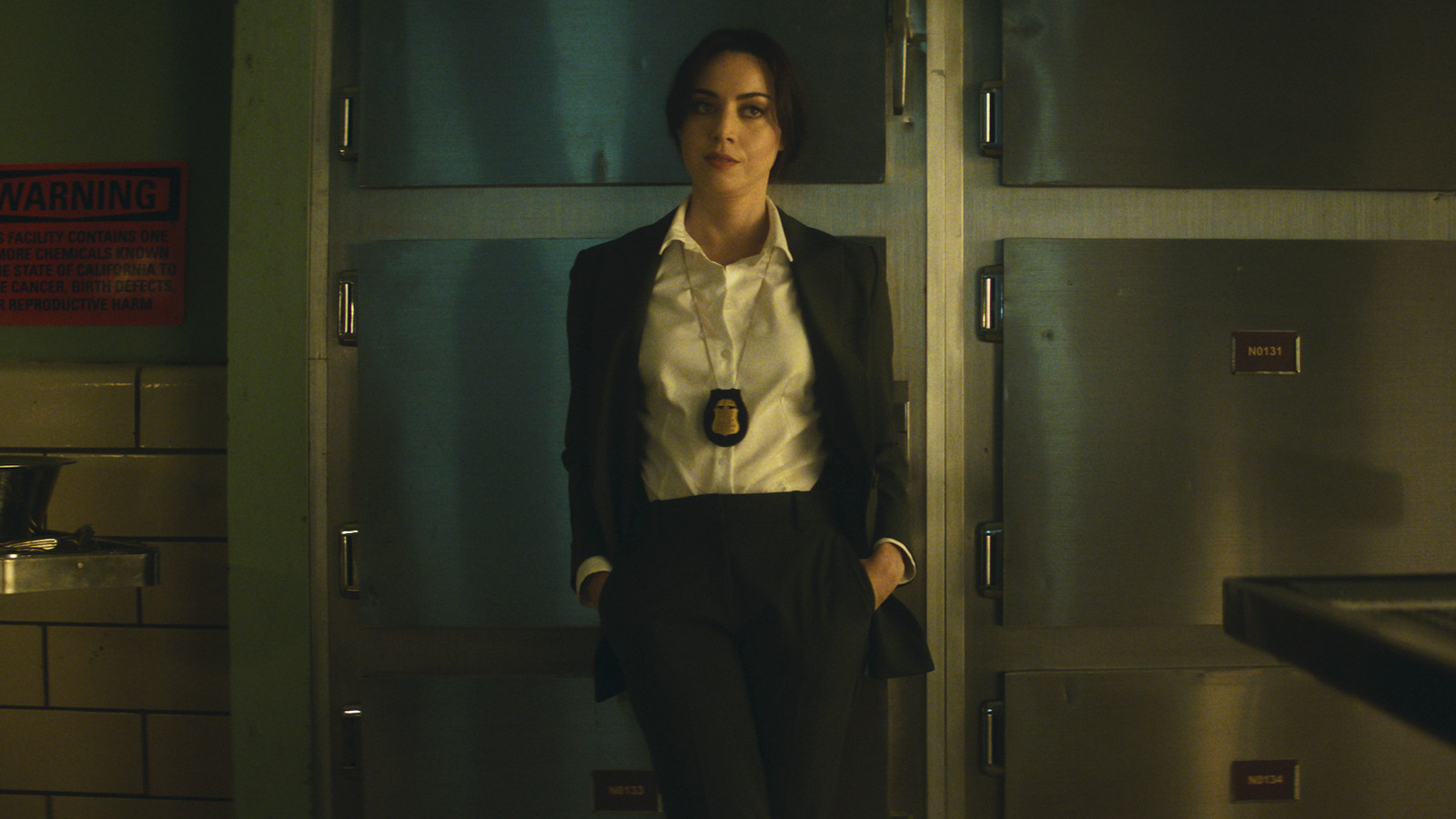Zero Dark Thirty's true story is the American government's search for notorious terrorist Osama bin Laden, but several key details were changed for the movie. Since its release, a lot of new information regarding America's behavior in the pursuit and bin Laden's exact actions has come to light which wasn't previously available. Zero Dark Thirty was widely praised at the time for its unwavering adherence to the truth, though it sensationalized certain aspects and made adjustments for entertainment value.
Zero Dark Thirty's title refers to the time at which America's raid on bin Laden's compound took place, and this moment is one of the movie's most central events — yet several important details about the raid that are now known bring the story into question. At the time of its making, the events depicted in the movie were still shrouded in mystery and secrecy, which meant that certain information was withheld from the public. Zero Dark Thirty is more accurate than most historical dramas, but that doesn't mean every detail plays out on-screen exactly as it did in reality.
The Film Exaggerates The Government's Use Of Torture
The U.S. Government Claims These Methods Were Not Normal
From the beginning of Zero Dark Thirty, which is included among the most brutal torture scenes in movies, the American government is shown to have no issue with using extreme interrogation methods on its prisoners. Audiences are immediately introduced to Jason Clarke's character, Dan, through a hard to watch torture sequence, in which he attempts to extract important information from a potential terrorist associate by waterboarding him. However, this isn't exactly how the military operated. Several high-ranking government officials have taken issue with the movie's exaggerated approach.
The extent of America's use of torture is still being debated today.
These officials claim that while certain torture methods may have been used in some cases, they were rarely effective and shouldn't have been portrayed as common or successful. Although Zero Dark Thirty and Bigelow's prior movie, The Hurt Locker, are partially based on reality, the director tends to exaggerate certain aspects. Former Assistant Secretary of Defense Graham Allison wrote in The Christian Science Monitor, "[Zero Dark Thirty] exaggerates the pervasiveness and effectiveness of torture." The extent of America's use of torture is still being debated today, but it's agreed it wasn't as extensive as Bigelow suggests.
The Film's Depiction Of Jennifer Matthews Was Not Accurate
Those Close To Matthews Rejected The Movie's Portrayal Of Her

Although her name wasn't used in Zero Dark Thirty, Jennifer Ehle's character, Jessica, was based on a real-life CIA Agent named Jennifer Matthews, whose work in the Osama bin Laden investigation eventually led to her death in a suicide bombing. In the movie, she only appears briefly to work with Jessica Chastain's character, Maya, when setting up a meeting in the camp. It's a small role, and it serves mostly to prove just how dangerous the terrorists are. However, many people who knew Jennifer Matthews have taken issue with the simplified and potentially condescending interpretation of her.
Jennifer Matthews seems to have been Zero Dark Thirty 's most contentious error.
The problem of Jennifer Matthews seems to have been Zero Dark Thirty's most contentious error, helping to make it one of the most controversial movies of the 2010s. Certain colleagues who worked with her said the character in the movie "was not representative of who [Matthews] was as a person." Another claimed they were "so angry at this heated depiction of Jennifer as some fluffy-headed schoolgirl" (via Reuters). If the filmmakers wanted Zero Dark Thirty to be accepted as a true story, they should have been more careful when including real-life figures.
The Detainees Did Not Reveal Any Useful Information In The Capture Of Bin Laden
The Way The Americans Found Bin Laden Was Not Truthful In The Movie
It's immediately clear in Zero Dark Thirty that the American military intends to extract information from terrorist detainees. In the end, that's exactly how they track down Osama bin Laden, through his associates. However, this is not actually how the capture went down in reality. The detainees weren't that useful to the CIA — most of them refused to say anything at all, and for the very few who did speak, their information turned out to be useless. It was the investigative work of the CIA that allowed them to find bin Laden, not their acquired intelligence.
After watching Zero Dark Thirty, the former Director of the CIA wrote (via NRCAT):
“ in the end, no detainee in CIA custody revealed the facilitator/courier’s full true name or specific whereabouts. This information was discovered through other intelligence means. "
This brings much of the movie's narrative into question. Zero Dark Thirty suggests Jessica Chastain's character is successful in her pursuit thanks to several detainees' corroborating information about bin Laden's mysterious courier.
The Film Gives Too Much Credit To One Individual
Jessica Chastain's Character Didn't Do It Alone
Although Zero Dark Thirty is one of Jessica Chastain's best movies, her character is given too much credit for what occurs. The search for Osama bin Laden and his associates was one of the largest and highest-effort pursuits ever practiced by American forces. Thousands of CIA operatives dedicated several years of their lives to this cause. Zero Dark Thirty suggests Chastain's character, Maya, was solely responsible for tracking down the terrorist. Naturally, several government officials felt insulted and forgotten by the movie's simplistic narrative.
This backlash and controversy prevents Zero Dark Thirty from reaching the same levels of success as Kathryn Bigelow's prior movie, The Hurt Locker.
Former Assistant Secretary of Defense Graham Allison sheds light on this controversy in his Christian Science Monitor op-ed, claiming:
" the film’s hype of a fictional heroine who succeeded by defying 'the system' is fundamentally misleading ."
There's a certain responsibility that movies based on true stories must hold, and this one seems to have let that slip. This backlash and controversy prevents Zero Dark Thirty from reaching the same levels of success as Kathryn Bigelow's prior movie, The Hurt Locker. If the filmmakers truly wanted Zero Dark Thirty to be an accurate story, they should have recognized the entire organization that helped.
The Changes Were Controversial But The Movie Was Still A Hit
The Movie Won Critical Awards
While there have been complaints about Zero Dark Thirty's historical accuracy, the movie was still a huge success. Critically, it has a 91% rating on Rotten Tomatoes and is certified fresh. It wasn't just critics who loved it, as the audience score has a high 85% positive rating as well. That paid off at the box office, where the historical war biopic made $132.8 million on a $52 million budget (via Box Office Mojo), making it a minor success.
Zero Dark Thirty was also popular at the year-end awards ceremonies. It picked up five nominations at the Academy Awards, including Best Picture and Best Actress, although it only won Best Sound Editing. The Alliance of Women Journalists loved the movie, awarding it eight awards with 10 nominations, including Best Picture, Best Director, and Best Actress. The Golden Globes also honored Jessica Chastain with Best Actress - Motion Picture Drama. Zero Dark Thirty has several factual errors, but, as a movie, it was an unmitigated success.
Did The Changes Made Benefit The Movie?
Zero Dark Thirty Might've Had More Of A Responsibility To Be Accurate
When it comes to movies based on true stories, it is expected that there will be changes made to the facts of the real events. Most of these changes made are meant to improve the way the story is presented to audiences in a narrative form with the hopes of still maintaining the integrity of the true events. However, in the case of Zero Dark Thirty, it could be argued that a lot of the changes made ended up distracting more from the movie itself.
One of the most infamous aspects of Zero Dark Thirty is the government's use of torture to gain information from detainees. While this is a fact that has been refuted, it also caused a lot of controversy for the movie as some felt the film was justifying such tactics. That fact could be debated, but it became a topic of discussion surrounding the movie to the point that it was the main thing people associated with the movie.
Zero Dark Thirty presents itself as a detailed examination of this process and investigation. It is dense in details and realism, which can make it more noticeable when there are elements that don't ring true.
There is also the question of whether Zero Dark Thirty should be held to a higher standard than other movies based on true stories. While a sports movie based on a true story can rewrite history to make for a more crowd-pleasing victory for the heroes without it being a problem, Zero Dark Thirty presents itself as a detailed examination of this process and investigation. It is dense in details and realism, which can make it more noticeable when there are elements that don't ring true.
However, Zero Dark Thirty is still a movie rather than a documentary and some of the changes made to the true story were necessary. The main example of this is placing the focus of the story on Jessica Chasatain's character Maya. While there were certainly a lot of people involved in the real-life events, with such an expansive and complicated story, it is necessary for the audience to be anchored by one character in order to give some structure to the story.





/cdn.vox-cdn.com/uploads/chorus_asset/file/25242409/20230608_Palworld_Screenshot_02.png)



 English (US) ·
English (US) ·